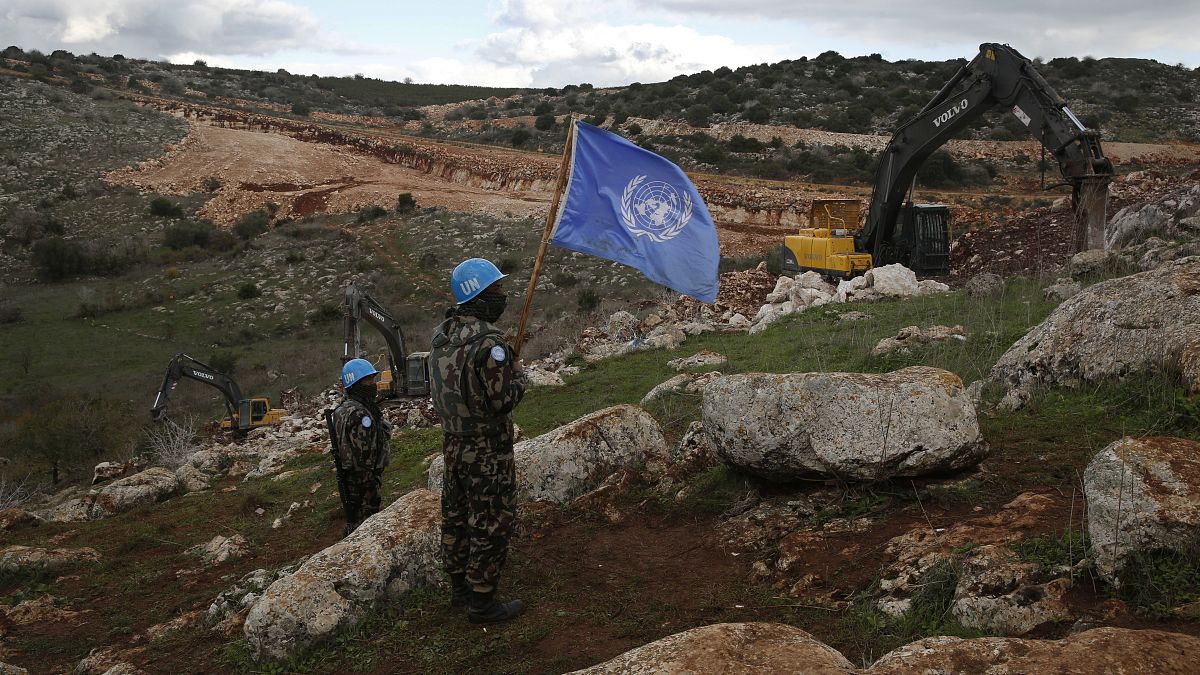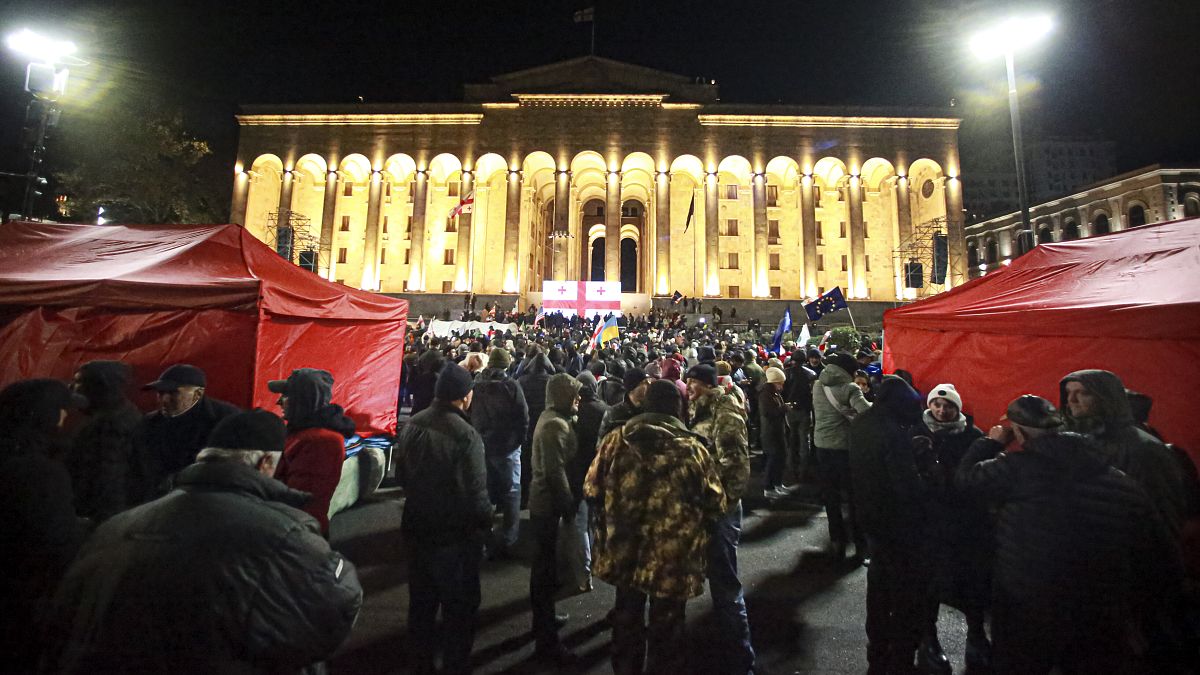Some rural Bulgarians face difficulties getting to polling stations

In the small south-eastern town of Lisitsite, the largely elderly population has no easy way of accessing polling stations for the election on Sunday.
As Bulgarians prepare to vote for a new government on Sunday, residents in rural parts of the country have become disillusioned, and many don’t plan to vote at all.
In the rural town of Lisitsite, in the country’s south, the less than 20 residents are not eager to vote. The town is so remote, many polling stations are hard to reach, and the residents have lost faith in their government to build better infrastructure.
“We have been asking for a road to this place for many years. I am 70 years old, since democracy came not one nail has been driven here, not one,” says resident Mehmed Ahmed.
Nestled in the hills of the Eastern Rhodopes, Lisitsite looks like a dream place to live, but the reality is different. The only way to reach it is by boat or through the neighbouring village of Shiroko Pole, by walking along a railway for nearly three kilometres. From there, the rope bridge leads to the village itself.
Many people who live in Lisitsite are elderly, and don’t see a point in voting. “People are walking with two walking sticks. Most of them are over 80 years old. Two or three years ago they used to go to vote, but now they can’t go,” says Ahmed.
In Bulgaria’s last election, in June, voter turnout stood at a record low, at just 34%. This Sunday’s election is the seventh time people are voting for a new government in just three years.
In 2020, mass anti-corruption protests in 2020 toppled a coalition government led by the centre-right GERB party.
Since then, a series of elections have led to unstable coalitions led by multiple centrist and right-wing parties. Some observers have labelled the past few years as a period of “revolving-door governments,” which has led to considerable apathy amongst voters.
World News || Latest News || U.S. News
Source link



